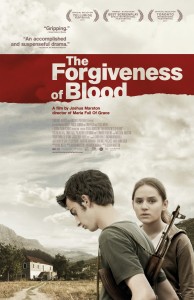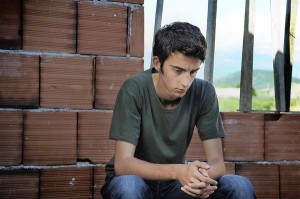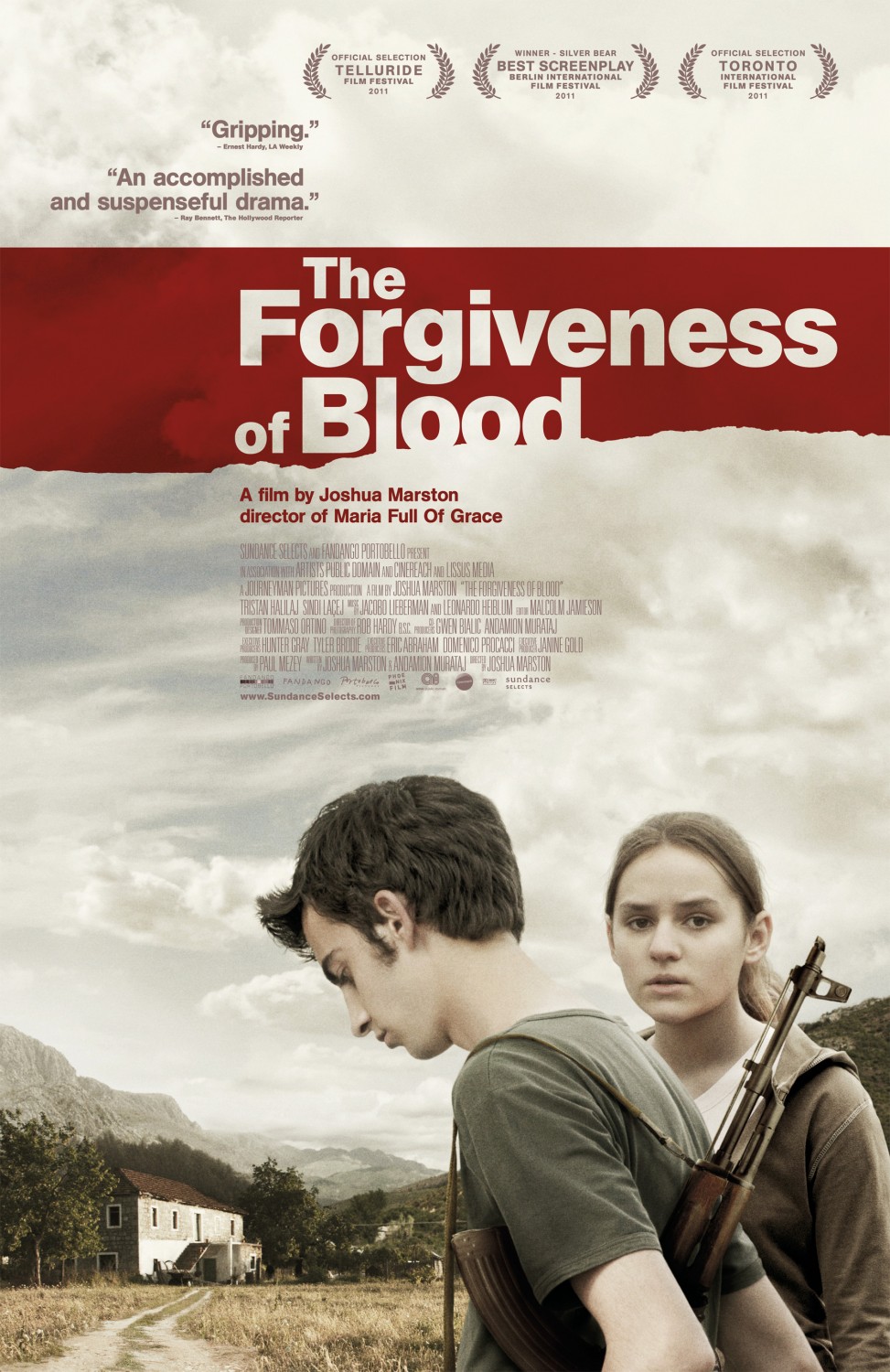 Albania is no cinematic hotspot, though as The Forgiveness of Blood shows, they have some interesting stories to tell. It is fascinating to see these corners of the earth that have been ignored and catch a glimpse inside their culture. In this case, it is a strange mix of the modern and the ancient — cell phones and horse drawn carriages, modern policemen and tribal codes of conduct. The plot here revolves around a murderer’s family and the local society’s acceptance that all of them pay for his crime.
Albania is no cinematic hotspot, though as The Forgiveness of Blood shows, they have some interesting stories to tell. It is fascinating to see these corners of the earth that have been ignored and catch a glimpse inside their culture. In this case, it is a strange mix of the modern and the ancient — cell phones and horse drawn carriages, modern policemen and tribal codes of conduct. The plot here revolves around a murderer’s family and the local society’s acceptance that all of them pay for his crime.
The whole tragic mess stems from the father’s desire to take a short cut across another family’s land, which used to belong to his grandfather. The new owners deny him access, and the dispute escalates to murder, causing the father to become a fugitive. An ancient set of Albanian laws called Kanun basically allows an eye for an eye vengeance on the murderer’s family, particularly the males, and so the sons become prisoners in their own home. Nik is the oldest, a high school student seen early on pursuing a crush and planning to open an internet cafe, but his imposed isolation pushes him to try and find any solution, even if it puts his life at risk. His sister Rudina must drop out of school so she can take over her fathers bread deliveries and feed the family. And the father, who sneaks back to see them, does not understand that his freedom is their prison.
 In some ways it feels like an ethnographic film, with the focus on fairly obscure cultural practices, and meetings of the village elders. (The audience that knows what Kanun and besa mean is probably pretty small outside Albania.) And it begs a lot of questions about families who have to live this way. Apparently these blood feuds go on for decades. How do they survive? But the performances are earnest and the story tense. The violence takes place mainly off-screen, but the threat of violence is ever present. The Forgiveness of Blood is not a film for everyone, but I would recommend it to those who are fascinated with the crossroads of the ancient and the modern worlds and what clinging to old ideas is doing to the next generation. This film does make you think, and to me that is a good thing.
In some ways it feels like an ethnographic film, with the focus on fairly obscure cultural practices, and meetings of the village elders. (The audience that knows what Kanun and besa mean is probably pretty small outside Albania.) And it begs a lot of questions about families who have to live this way. Apparently these blood feuds go on for decades. How do they survive? But the performances are earnest and the story tense. The violence takes place mainly off-screen, but the threat of violence is ever present. The Forgiveness of Blood is not a film for everyone, but I would recommend it to those who are fascinated with the crossroads of the ancient and the modern worlds and what clinging to old ideas is doing to the next generation. This film does make you think, and to me that is a good thing.

